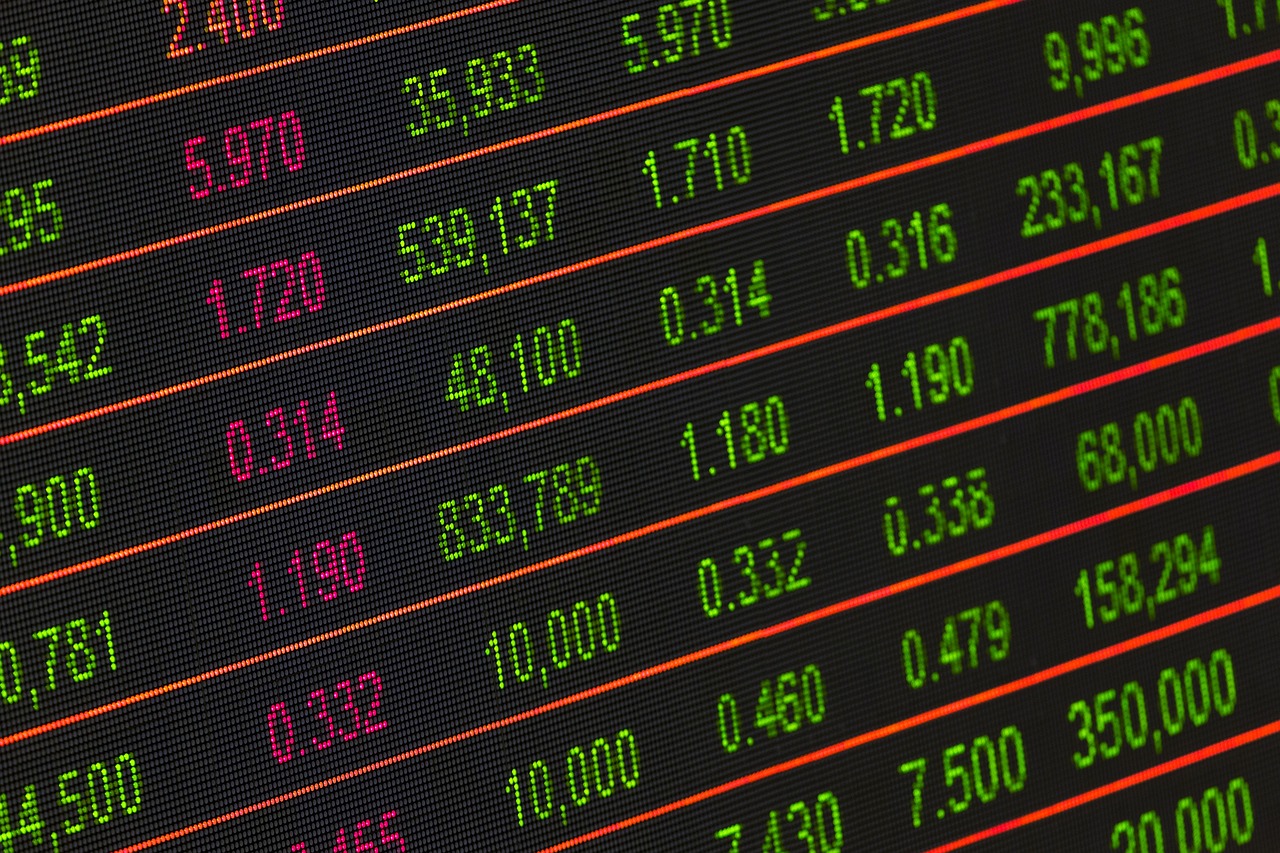Business
Navigating the Complex World of Indices Trading

Markets and investors around the world use stock market indices to understand what is happening in regional and global economics. They are such good indicators because they measure the performance of a group of shares. These could be shares from the same index or a specific sector like tech or agriculture. An additional benefit of trading them is that they expose you to a whole economy or sector while requiring that you only have a single open position. This guide will explain what you need to know to start trading indices successfully.
Calculating Market Indices
As indicated, most indices are calculated according to the market capitalizations of the companies they include. These calculations give more weight to the market cap of larger companies, meaning their performance and stock prices affect the price of an index much more than those of smaller companies.
However, some indices depart from this typical methodology. The Dow Jones Industrial Average, for example, uses a price-weighted calculation. Price weighing gives greater weight to companies with higher share prices regardless of size or market capitalization.
Why Are Indices So Attractive?
Investors want as much exposure to the market with as little risk as possible. Indices allow this through direct trading or using derivatives. Instead of being exposed to single companies like you typically would, you get exposure to all the ones included in a specific index.
Indices are also attractive and profitable due to access to leverage. Some brokers and trading platforms let you take up bigger positions using a small amount called the margin. Leverage is expressed as a ratio like 10:1.
Such a ratio means you can open a position ten times your margin. Even though leverage can amplify profits, it can do the same for losses. Talk to your broker and thoroughly research to understand the advantages and potential pitfalls before using leverage.
Indices are also excellent tools for hedging against price movements. Traders can take short and long positions to hedge against either. If they go short, they gain when the market takes a downturn. They also benefit if they go long and the market improves. Using both long and short positions in an index allows you to protect yourself against these price movements and instead take advantage of them.
You Do Not Have to Buy the Underlying Assets
When investing in indices, you do not have to take ownership of the underlying asset. This is possible because they only track the price of these assets and do not require that you buy them. You can also leverage index prices with the help of Contracts for Difference, which allow you to speculate on the price of different assets without owning them. You can predict price movements using different tools and use information from this exercise to invest in CFDs.
Liquidity and Opportunities
Indices are very liquid because their underlying assets also are. This liquidity provides stability because only people or institutions that make huge traders can move their prices. Instead, these prices move due to significant macroeconomic, geopolitical, and other factors.
This liquidity also means you can buy and sell indices quickly. You can check out different platforms that allow index trading to find opportunities to buy and sell while taking advantage of their longer trading hours. With index markets being open longer than other markets, you have additional exposure to more opportunities you can leverage.
What Moves Index Prices?
If you are interested in index trading, you need to know how to research to find opportunities. You should also know what moves the market to make the best decisions. Several factors can affect the price of an index, and these are what you should research before making trading or investment decisions.
The first is commodity prices. Commodity prices affect the prices of indices that contain them. For example, about 15% of shares on the FTSE 100 are commodity stocks. Any fluctuations in the commodity market could move their prices and affect the price of the index.
The second is the composition of the index itself. Remember that the price is determined by the market capitalization or the share price of the companies included in the index.
Prices can shift if the companies included in the index change. For example, an index can include a new company with a high market capitalization or share prices. When this happens, the price will shift accordingly.
Economic news and company announcements also sway the price of indices. Central bank announcements, changes in investor sentiment, payroll reports, and other economic announcements and events affect volatility that then moves market prices.
Any announced changes in a company’s management, performance, or mergers could change its capitalization or share price, which will have a cascading effect on the indices the company is included in.
While they have been around for a long time, many investors still do not understand how indices work and how to take advantage of them. By learning what they are, how they work, and how to use them to maximize returns, you will be in a better position than many other traders. However, always know trading comes with risks, and you should have risk management strategies to minimize your downside.
